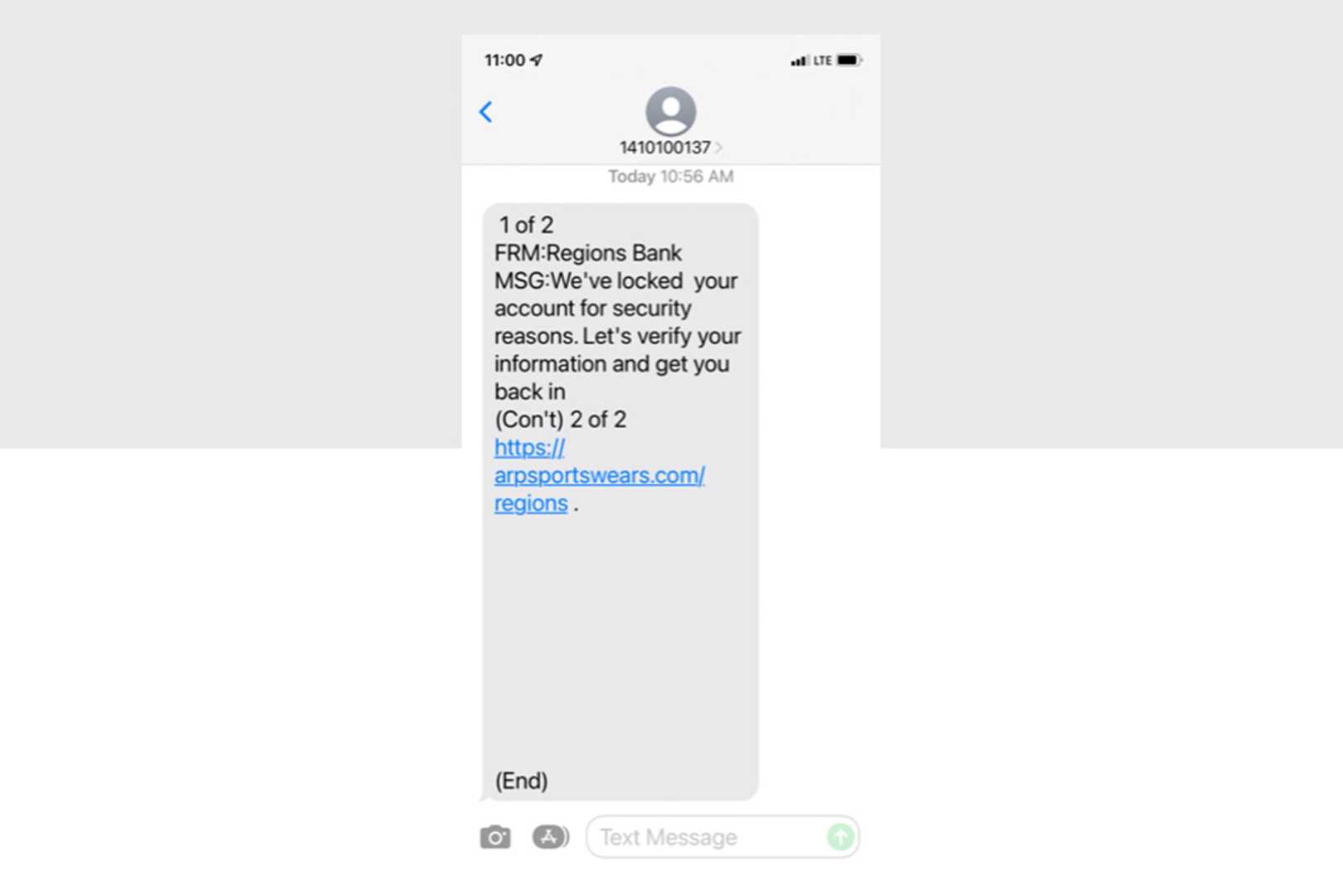News
New Yorkers Warned of Smishing Scams Targeting E-Z Pass Users

NEW YORK – New Yorkers are being warned to stay vigilant against a surge in smishing scams targeting E-Z Pass and Tolls By Mail users. The New York State agency issued an alert Monday after receiving numerous reports of fraudulent text messages requesting sensitive personal information.
According to officials, scammers are impersonating E-Z Pass and Tolls By Mail, sending deceptive texts that claim recipients owe unpaid tolls. The messages often include links to fake payment portals designed to steal credit card numbers, Social Security numbers, and other personal data. In 2023 alone, over $11 million was lost due to more than 9,000 reported phishing scams in regions including Rochester, Albany, Buffalo, and Syracuse.
“E-Z Pass or Tolls By Mail will never send you a text or email requesting sensitive personal information,” the agency stated. Officials urge recipients to avoid clicking on any links or providing personal details. Instead, they recommend contacting the E-Z Pass NY Customer Service Center at 1-800-333-8655 or the Tolls By Mail Customer Service Center at 1-844-826-8400 to verify the legitimacy of any communication.
If you believe you’ve fallen victim to a smishing scam, the Federal Communications Commission (FCC) advises contacting local law enforcement and filing a complaint with the FCC. The FBI also recommends reporting such incidents to the Internet Crime Complaint Center (IC3).
Similar scams have been reported in Massachusetts, where the state’s Department of Transportation has warned residents about fraudulent texts claiming to be from EZDriveMA. These messages, which demand immediate payment for unpaid tolls, are part of a broader nationwide smishing campaign. The Massachusetts Department of Transportation confirmed that the phone numbers targeted are chosen at random and are not linked to specific toll road usage.
Digital coach Sue Buscher emphasized the importance of staying alert. “If it doesn’t sound right or seems too good to be true, delete it,” she said. Buscher also noted that scammers often exploit peak travel and holiday seasons, when people are more likely to be using toll roads or receiving packages.
Residents like Muriel Savoy Moloney, 94, of Weymouth, Massachusetts, have adopted a cautious approach. “I just delete them,” Moloney said of suspicious texts. “If it’s legitimate, they’ll usually send a letter.”
Authorities recommend checking toll accounts through official websites and contacting customer service directly if there are any concerns. Deleting suspicious texts and disputing unfamiliar charges are also critical steps to protect personal and financial information.












